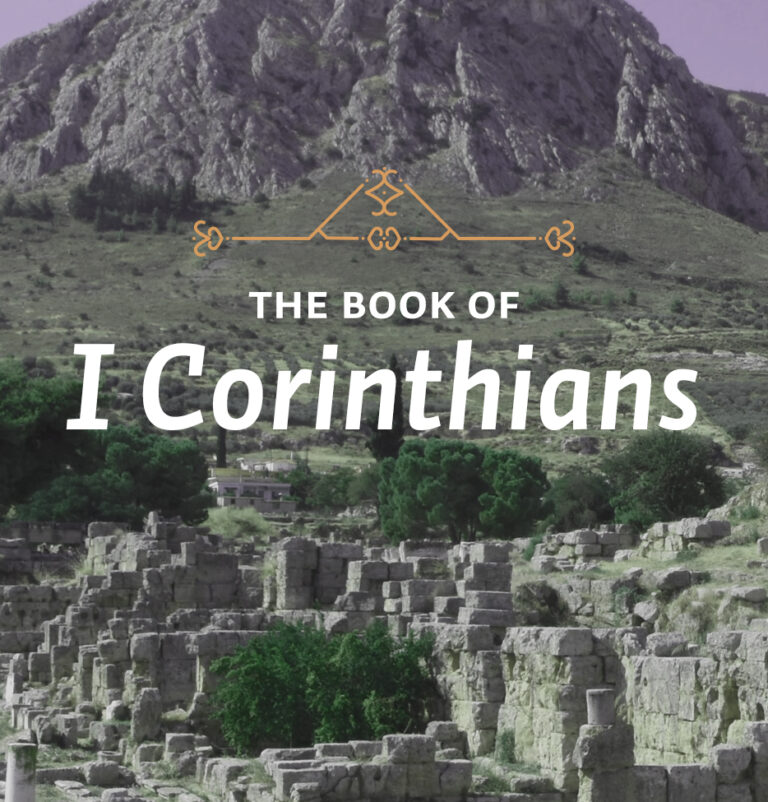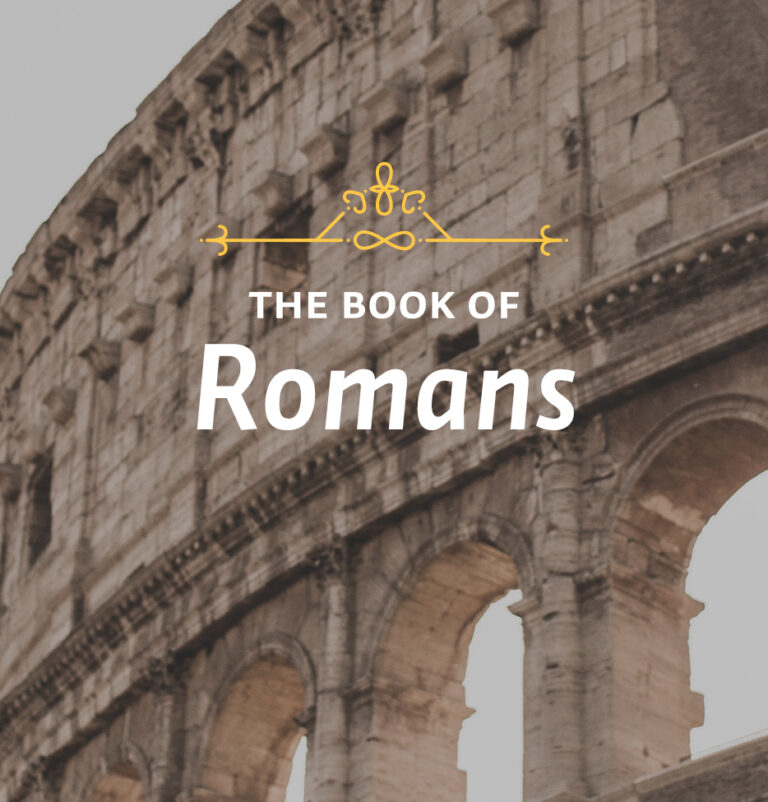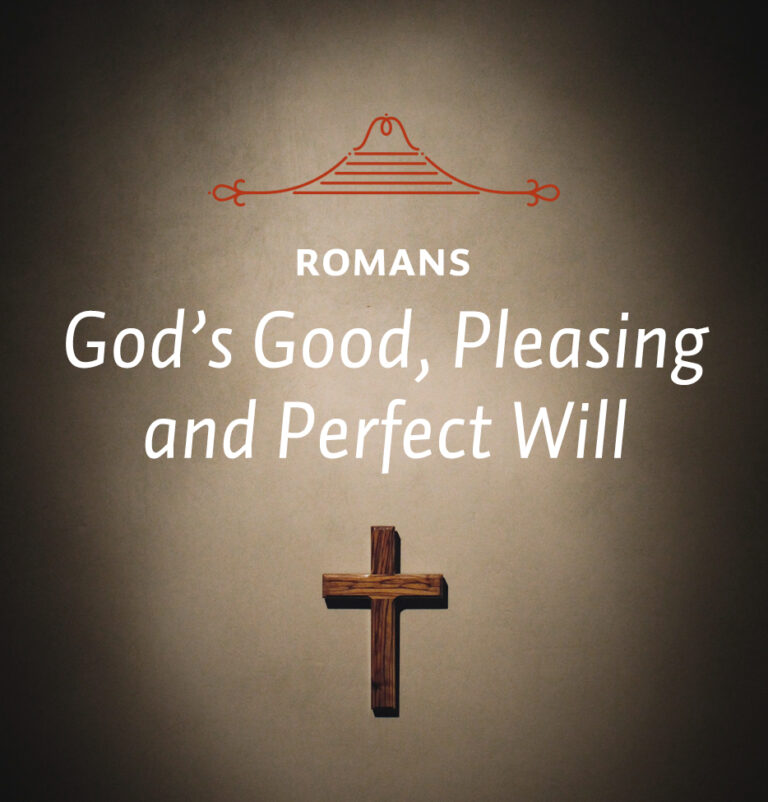
God’s Will in Doubtful Situations — Part Two
In the first chapters of 1 Corinthians, we see that Paul was facing serious problems with the church at Corinth. In light of those problems, Paul could have said, “Shame on you for writing to me about something as silly as meat, considering what is going on in the church. You ought to be worried about the immorality.” Paul does not do that. He operates on the basis of the need, addressing the problems that people face. He deals forthrightly with the principles first, the most important things.








